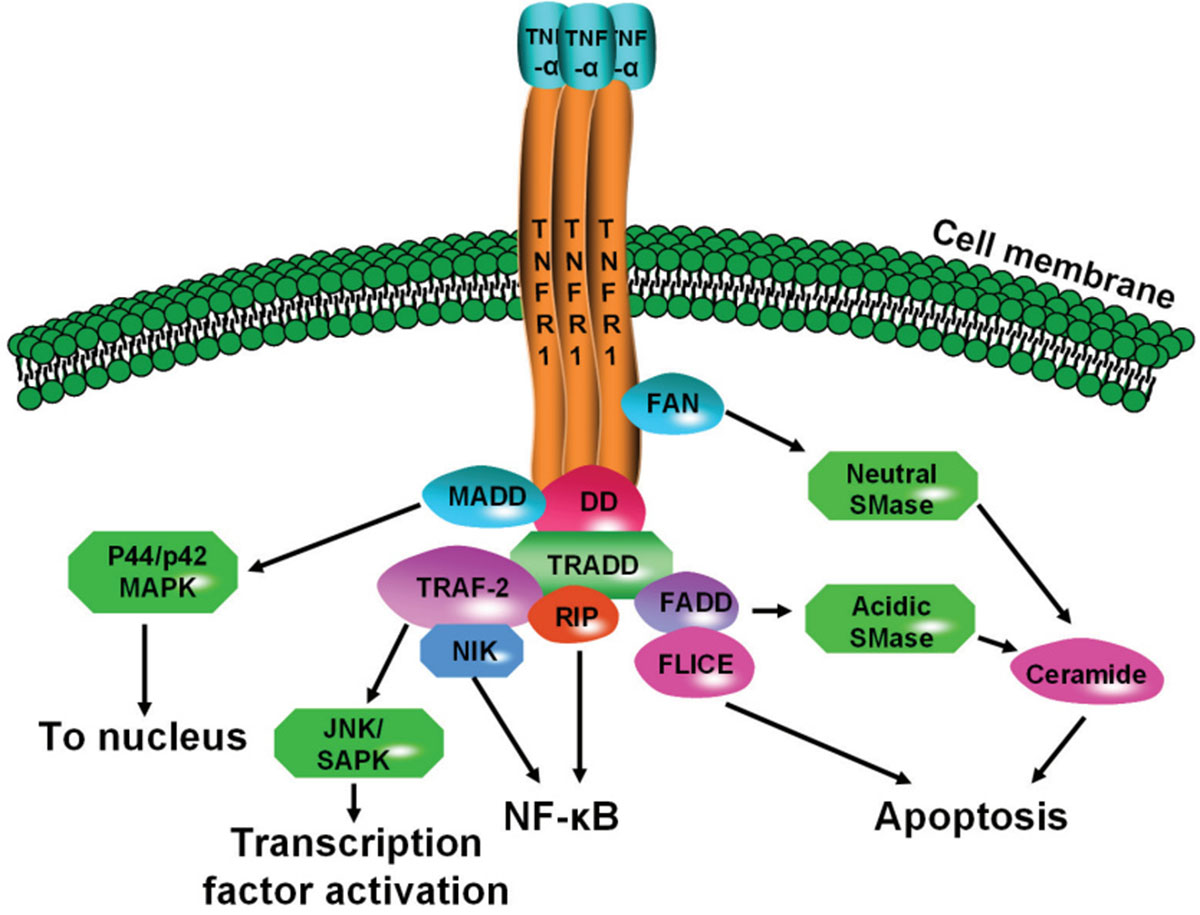Table of Contents
A recent study, published in the beginning of this year, analyzed the genetic heterogeneity (variations) of multiple myelomas, the second most common type of hematological cancer. The study revealed that this sort of cancer is deeply affected by significant genetic events, thus rendering genetic variability among the cancerous cells a normal situation in patients with this condition. The final conclusion? Genetic diversity in multiple myeloma is a strong obstacle to the effectiveness of targeted therapy and a study of the heterogeneity of this category of cancer is of high importance for future treatment guidance.

The problem of so-called subclonal populations, presence of cells with different genetic make-ups, is not unique to multiple myeloma. Practically all types of cancer have this feature. Researchers are now studying the other forms of cancer to look for populations of genetically diverse cells within a single tumor. This knowledge will help to select the most appropriate targeted therapy.
The fact that cancer changes during disease progression is known for almost 30 years
The acknowledgement of genetic diversity within tumors as a promoter of carcinogenesis is not exactly new. Back in 1984, a study was published addressing the issue of the generation of diversity within a tumor and how that was related to the best therapeutic options available at that time.
This can be explained by plain randomness or by more complex mechanisms of therapeutic resistance. It was concluded that the heterogeneous nature of malignant cells that composed the same cancer with respect to radiation sensitivity, susceptibility to cytotoxic or cytostatic drugs or hyperthermia could pose a problem during and after cancer treatment is terminated. This means the disease can come back after being eliminated almost completely. A while later, in 1997, an analysis of the genomic alterations behind the human breast cancer was conducted. This examples show that understanding of mutations causing cancer and its importance in outlining the treatment strategy was a well-regarded problem way before the launch of the first targeted therapies.
Read More: Majority of Cancer Doctors Prescribe Experimental Drugs: Do They Do More Harm than Good?
Targeted therapy can only be given to patients with specific genetic alterations
The problem of genetic and phenotypic diversity within tumors is a transversal problem, i.e., it affects all sorts of cancer: lung cancer, colorectal cancer, melanoma, and so on. Targeted therapies do not stand against this powerful mechanism of differentiation that all cancer cells appear to have. As such, they should not be regarded as a “cure” and a “fit for all”. Targeted therapies may be very useful and even induce remission in some patients whose cancers have very specific properties. Consulting with an experienced oncologist is key in identifying the best therapeutic approach to each patient’s own tumor – for some surgery is enough, for others chemotherapy does the job. For others, targeted therapy or various treatment combinations might be advised. Meanwhile, research into the cancer’s intricate inner working continues and the hope for a better understanding of said mechanisms stands.
- LOHR, J. G., STOJANOV, P. & CARTER, S. L. (2014) Widespread Genetic Heterogeneity in Multiple Myeloma: Implications for Targeted Therapy. Cancer cell, 25, 91-101
- KERANGUEVEN, F., NOGUCHI, T. & COULIER, F. (1997) Genome-wide Search for Loss of Heterozygosity Shows Extensive Genetic Diversity of Human Breast Carcinomas. Cancer Research, 57, 5469-5474
- NICOLSON, G. (1984) Generation of phenotypic diversity and progression in metastatic tumor cells. Cancer metastasis reviews, 3, 25-42.
- Photo courtesy of faungg's photo by Flickr : www.flickr.com/photos/44534236@N00/8661257930/
- Photo courtesy of Libertas Academica by Flickr : www.flickr.com/photos/libertasacademica/7137091965/
- www.cancer.org/treatment/treatmentsandsideeffects/treatmenttypes/targetedtherapy/targeted-therapy-what-is
- www.bbc.co.uk/news/health-24957089
- www.cell.com/cancer-cell/abstract/S1535-6108(13)00542-4
- cancerres.aacrjournals.org/content/57/24/5469.full.pdf+html
- www.broadinstitute.org/news/5438
- www.ncbi.nlm.nih.gov/pubmed/6370418


Your thoughts on this